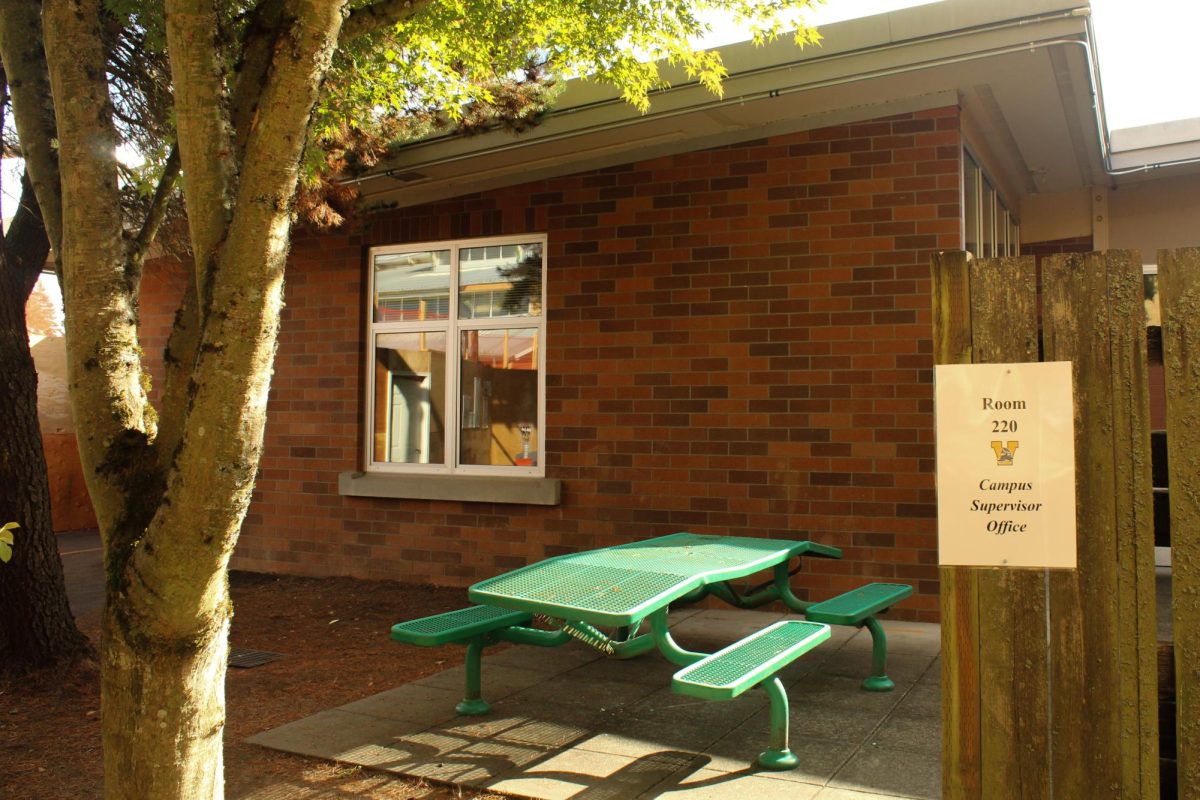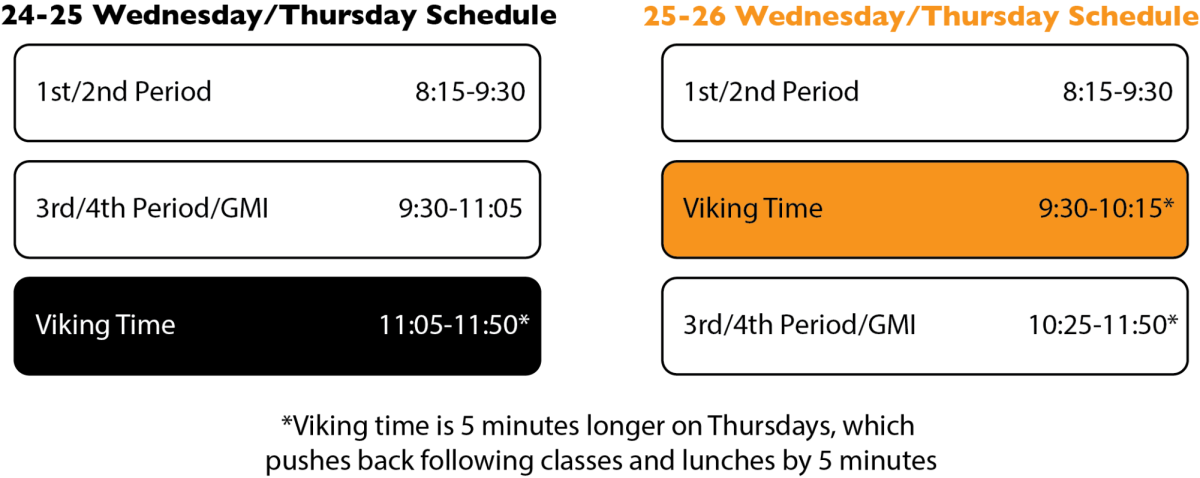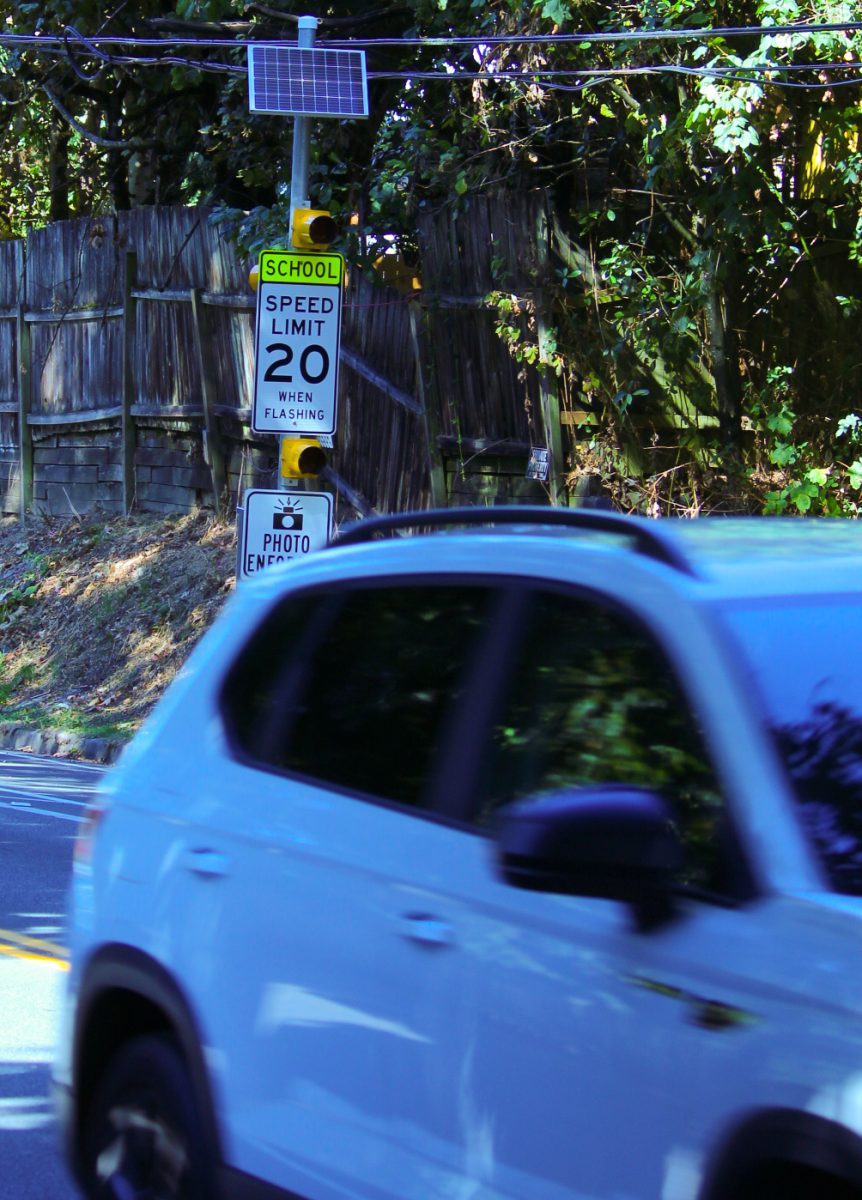Washington Initiative 2109 is on the ballot for Nov. 5. The initiative would repeal a 7% excise tax on the sale and exchange of long-term capital assets with capital gains over $262,000. Excise taxes are taxes imposed on certain goods, services and activities. Examples of capital assets include stocks, bonds, investments, business interests and tangible assets. The capital gains tax took effect on Jan. 1, 2022, when it applied to capital gains with a floor of $250,000, but this floor has since increased to $262,000 for 2024 to adjust for inflation. The first payments for the tax were due in April 2023. The revenue from the capital gains tax was put in Washington’s Education Legacy Trust Account and the Common School Construction Account to fund the repair of schools, expand childcare and provide more early learning. In 2023, the first year the tax took effect, it generated $890 million.
Republican politicians in Washington argue against the gains tax by claiming that it is practically an income tax since the Washington state constitution prohibits a state income tax. In March of 2023, the Washington Supreme Court ruled that a capital gains tax in Washington is not considered an income tax, whereas the federal government and many other states consider capital gains in calculating income taxes.










